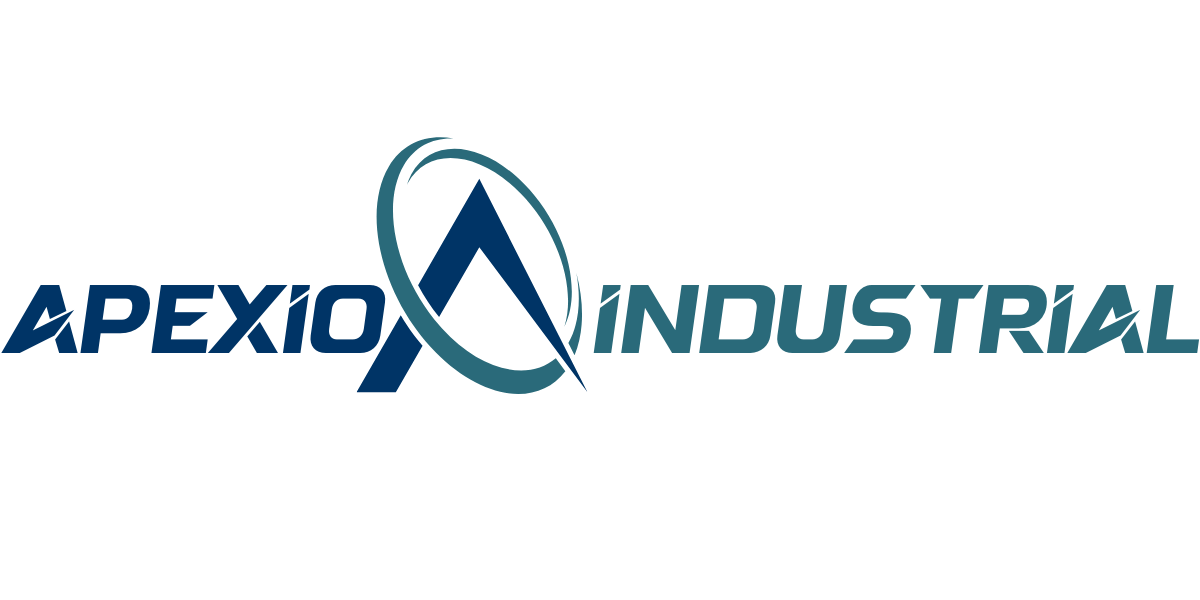Introduction: In the fast-paced world of the food and beverage industry, precision and safety are paramount. To maintain quality, ensure sanitation, and comply with regulations, food safety instruments must undergo regular calibration. In this guide, we'll delve into the instruments that require calibration, who's responsible for managing this crucial process, and why it's a fundamental part of HACCP-based food safety systems.
Which Food Safety Instruments Require Calibration?
- Temperature Devices: These are the guardians of thermal processes like cooking, pasteurizing, hot holding, and chilling. They also oversee defrosting, thawing, and freezing, ensuring the perfect conditions for your culinary creations.
- Infrared Temperature Devices: Monitoring both products and personnel, infrared temperature devices are indispensable for maintaining safety and product integrity.
- pH Meters: Essential for monitoring fermentation in dry-cured meats and the production of low-acid and acidified products.
- Water Activity Meters (Aw): Vital for monitoring aging in dry-cured and fermented meats, contributing to consistent product quality.
- Weight Scales: These maintain the balance of additives and antimicrobial agents, ensuring that limits are strictly adhered to.
- Magnets and Metal Detectors: These diligent instruments scan for the presence of metal shards and foreign objects, safeguarding consumers and reputation.
Don't underestimate the importance of calibrating digital devices. While they offer stability, their tolerances are narrow, and their circuitry can change over time. To ensure precision, include the regular calibration of process sensors, preamplifiers, and transducers in your food safety plans.
Who Manages Calibration? Calibration is typically performed by third-party experts, but the responsibility for scheduling and organizing this service lies with the establishment. It's crucial to designate a team member with scheduling responsibilities, guaranteeing that a professional calibration technician is on hand when needed. By making calibration a pivotal aspect of your food safety plan, you'll never overlook this vital task.
To streamline the process and enhance your food safety plan, adhere to manufacturer protocols regarding calibration methods and frequencies. Consider third-party audits or gap assessments to identify areas for improvement.
Calibration and HACCP-Based Food Safety Systems Hazard Analysis and Critical Control Points (HACCP) is a cornerstone of food safety. Many critical control points and process controls within HACCP require regular calibration. To meet certification standards, facilities must ensure that instruments contributing to quality, sanitation, and legal compliance are part of their calibration program.
Calibration aligns with other elements of a HACCP plan. It demands effective procedures, meticulous documentation, maintenance of records, and regular reviews. You can also audit those performing the work to ensure proper procedures are followed.
Professional calibration is an objective verification of internal practices. Calibration technicians, such as those at Quantum Food Solutions, integrate science, engineering, and computational methods to address challenges in the food industry. They stay abreast of industry developments, ensuring your equipment operates at peak efficiency.
Frequently Asked Questions About Food Equipment Calibration Q1: Why is calibration necessary for food processing equipment? A1: Food processing equipment plays a crucial role in converting raw materials into final products ready for consumption. Calibration ensures precision and safety, maintaining product quality, and complying with regulations.
By implementing professional calibration for essential food safety instruments, your establishment can guarantee the highest standards of quality, safety, and compliance in a rapidly evolving industry. Contact us at Quantum Food Solutions to ensure your calibration needs are met with expertise and precision.

